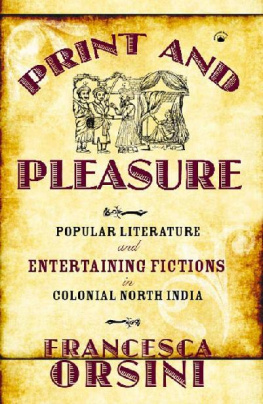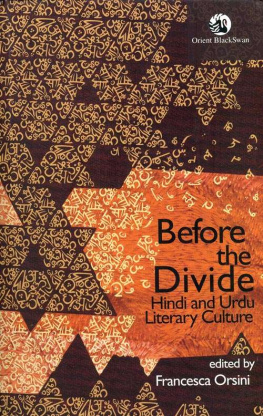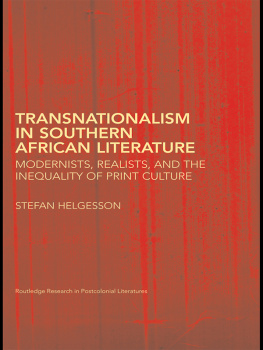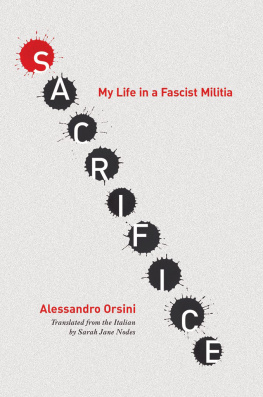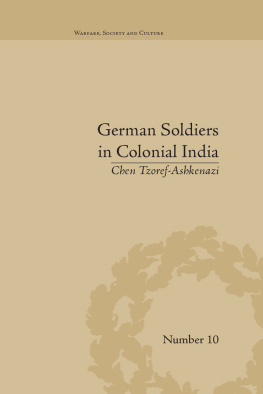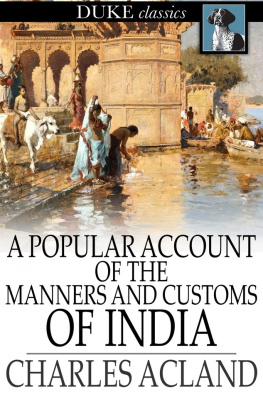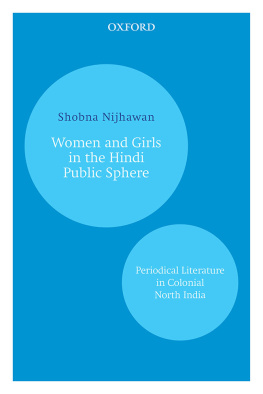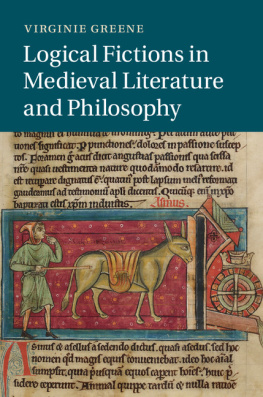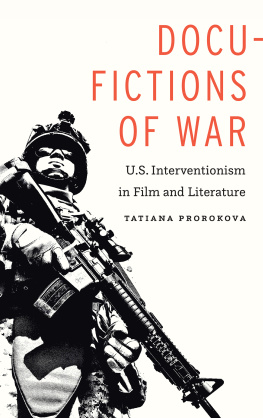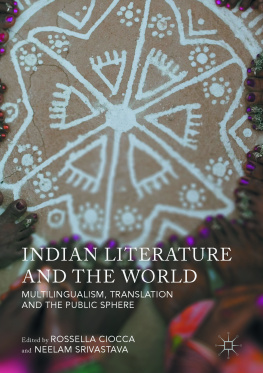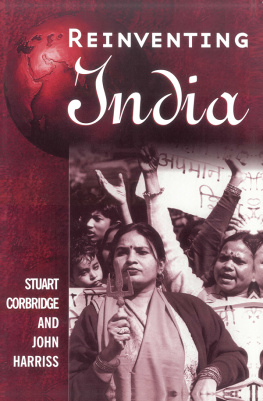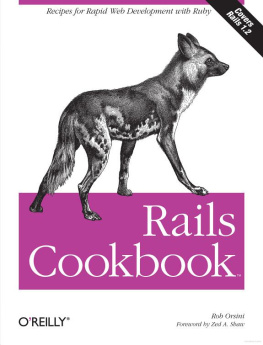Print and Pleasure
Published by
PERMANENT BLACK
Himalayana, Mall Road, Ranikhet Cantt,
Ranikhet 263645
Distributed by
Orient Blackswan Private Limited
Registered Office
3-6-752 Himayatnagar, Hyderabad 500 029 (A.P.), INDIA
e-mail:
Other Offices
Bangalore, Bhopal, Bhubaneshwar, Chennai,
Ernakulam, Guwahati, Hyderabad, Jaipur, Kolkata,
Lucknow, Mumbai, New Delhi, Noida, Patna
Copyright 2009 FRANCESCA ORSINI
eISBN 978-81-7824-507-2
e-edition:First Published 2017
ePUB Conversion: .
All rights reserved. No part of this publication may be reproduced, distributed, or transmitted in any form or by any means, including photocopying, recording, or other electronic or mechanical methods, without the prior written permission of the publisher, except in the case of brief quotations embodied in critical reviews and certain other noncommercial uses permitted by copyright law. For permission requests write to the publisher.
Acknowledgements
A book is shaped to a large extent by the sources one finds and the sources one does not find. This book is shaped very considerably by the material found in two libraries, and it is these libraries and their staff that I would first like to thank. In the British Library, the sections comprising Hindi and Urdu Books, Vernacular Tracts, Reports on Native Presses, and Quarterly Lists of Books Registered (SV 412) have provided the bulk of my material. The staff of the British Library have been invariably helpful and patient over all the time I spent there. Graham Shaw, head of the Asia, Pacific, and Africa Collections in the British Library, was generous in his encouragement and kind enough to go through a draft of the Introduction.
Equally important has been the Bharati Bhavan Library in Chowk, Allahabad, where I could feel somewhat like a late-nineteenth and early-twentieth-century Hindi reader, borrowing books, taking them off the shelves and seeing them in the form Hindi readers would have seen them. Even if I did not in the end use the musty borrowing catalogues that the librarian kindly took down for me from a kali kothri , to read those names and see those titles, and to step out into the market, was always evocativeand I am very grateful to Arvind Krishna Mehrotra for saying it so much better in his poem (reproduced before the Introduction). Finally, the Indian Institute Library in Oxford allowed me a generous glimpse of the Naval Kishore Presss Urdu publications, and I am particularly grateful to my former student Emma Bowes Mathieson for directing me towards the wonderful Kissa Aurat Mard.
I had two aims in this project: one was to see what had come before the Hindi boom of the 1920s, what exactly all those perennials songs and taleswere which still constituted the bulk of publications in the 1920s and were called old titles. The second aim was to move beyond the Hindi archive and consider Hindi and Urdu together. This has been a long process, and several people have helped along the way: Dr Tanvir Ahmad Alavi took out time to read through and comment on the Urdu barahmasas he had collected, and in Allahabad I also always profited from the vast knowledge of Shamsur Rahman Faruqi. The Urdu reading group that collected daily at tea time was by far the best way of acquiring speed and pleasure in reading Urdu, and my heartfelt thanks go to my dear friends Sara Rai and Alok Rai, and to Rajul and Aslam (and Peter, when he was there), for their patience and humour. I am not sure that hearing three adults read aloud at the same time was as enjoyable as they said!
Vasudha Dalmia has been part of all I have done and thought in the nine years it took to complete this project, and the gratitude I feel towards her goes beyond words. She also generously provided a rich community of colleagues and friends when she and Stuart Blackburn organized a very successful conference on New Literary Histories for Nineteenth-Century India in Berkeley in September 1999Hans Harder, Dilip Menon, Christina Oesterheld, Ulrike Stark (whose wonderfully rich book on the Naval Kishore Press luckily came out early enough for me to read it) have been interlocutors and fellow panellists over these years, and I thank them all. At that conference I also first met Anuradha Kapur and Kumkum Sangari, whose friendship I greatly treasure, and whose conversations have helped shape and focus every wisp of an idea.
The bulk of this book was written during a blissful sabbatical in Venice in autumn 2005, leaving turbulent waters back in Cambridge. I would like to thank my Italian friends there for the good times we spent together: Lorenzo, Caterina e Paolo, Licinia e le due Elene.
The impressive conference organized at Jadavpur University in January 2006 by Rimi Chatterjee and Abhijit Gupta provided the perfect forum to try out the general ideas of the book, and so did invitations by V. Narayana Rao and Vasudha Dalmia to present them in Madison and in Berkeley afterwards. I wish also to thank my friends and hosts in Calcutta, Supriya and Sukanta Chaudhuri, for many stimulating conversations, and in particular one of the speakers at the Jadavpur conference, William St Clair, whose lectures on book history in the Romantic period at the English Faculty in the University of Cambridge, years ago, first gave me a glimpse of what book history entailed and what it could achieve. I could blame the lack of sources to justify why this book does not remotely approximate his The Reading Nation , but that would be churlish.
Other useful forums were the History Seminar at SOAS, the Centre for South Asian Studies seminar in Cambridge, SARAI in Delhi, and, most recently, the University of Pennsylvania. I would like to take this opportunity to thank Daud Ali, Rachel Dwyer, Ravikant, and Sanjay Sharma for being such perfect interlocutors, as well as Sarah Beth and David Lunn for listening patiently all these years and finding it all so interesting.
Ideas on the early novel were shaped in conversation with Lise Smith, and in friendly disagreement with Franco Moretti. In Cambridge, Chris Bayly was always most generous with time and suggestions; discussions with Aishwarj Kumar always reminded me of the other dimensions of nineteenth-century Hindi; while Badri Narayan made very useful suggestions about the labour migration aspect of book reading and the book trade.
Book history in India is growing into a field, and I have treasured the pioneering work of Stuart Blackburn, Anindita Ghosh, Rochelle Pinto, Ulrike Stark, Farina Mir, and R. Venkatachalapathy, as well as Subhadra Sanyals probing questions. And it has been great to have in Rukun Advani such a responsive publisher.
Finally, it could not have been more ideal to have a book historian with a book history library right at home. While Peter Kornickis The Book in Japan remains magisterial in ways in which we, working on Indian book history, can only dream of yet, Peter in person has been much less daunting, always ready with advice, suggestions, encouragement, and love. So this book is dedicated to him.



